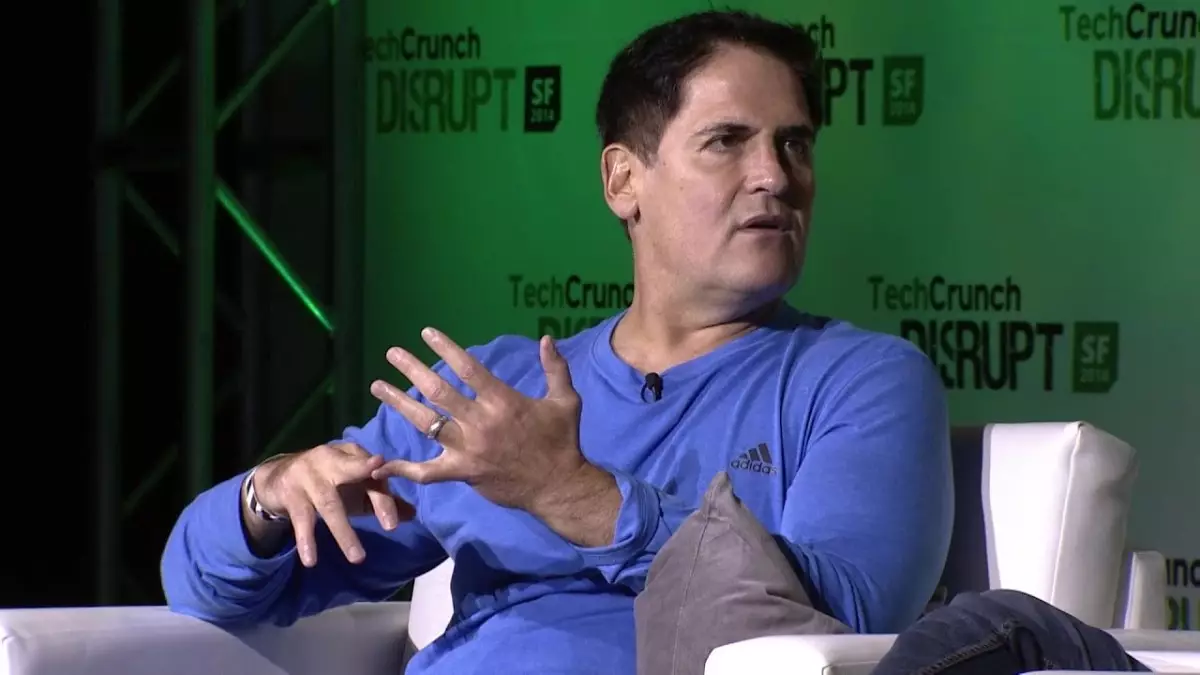In the fast-evolving landscape of social media, alternative platforms are gaining traction as users seek out more democratic and decentralized experiences. Recently, entrepreneur and investor Mark Cuban made headlines by announcing his willingness to invest in a TikTok alternative built on Bluesky’s AT Protocol. This follows the looming threat of a TikTok ban in the United States, which is driving users toward various video platforms, including the lesser-known Chinese app, RedNote. Cuban’s enthusiasm highlights a critical trend – the growing demand for platforms that prioritize user control and open protocols.
At the center of Cuban’s investment interest is the AT Protocol, a framework designed to facilitate decentralized social media applications. Unlike its predecessor, ActivityPub—which powers services like Mastodon—the AT Protocol seeks to rectify perceived limitations and provide a user-centric design. This new protocol not only aims to support current social networks but also envisions an ecosystem where various applications can flourish together. With Bluesky leading the charge, the platform has rapidly expanded to over 27.6 million users, showcasing the appetite for networks that respect user autonomy.
One of the most significant features of the AT Protocol is its inherent ability for users to migrate between different servers seamlessly. This means that individuals can retain their followers, content, and other relevant data, which has traditionally been a limitation in centralized social media platforms. Cuban’s comments about the protocol’s extensibility signify a revolutionary shift in how users engage with social media. This flexibility promises to reduce the fears associated with data monopolies that typically plague current social media avenues.
Cuban’s investment proposition not only aims at creating a competitor for TikTok but also serves as a strategic move to contest the dominance of Elon Musk’s X (formerly Twitter). Given his public disagreements with Musk over several issues, including content moderation and misinformation, investing in a new platform gives Cuban a chance to redefine the rules of engagement in social media. His belief in the AT Protocol aligns with a broader vision of a more open, competitive, and user-friendly social media landscape, free from the constraints of corporate control.
The announcement of Flashes, a new client focused on visual content creation, further hints at the direction that Cuban and other innovators are taking in the realm of social media. By fostering a platform that emphasizes images over text, Cuban signals an understanding of current social media trends and user preferences. This notion aligns with the general tilt toward visual engagement among younger demographics, particularly on platforms like TikTok.
While the vision for a decentralized social media ecosystem is captivating, challenges remain. Issues related to content moderation, spam, and cyberbullying may arise as users transition to these less regulated platforms. Ensuring a safe and engaging user environment while simultaneously promoting freedom of expression will be critical. If Cuban’s initiative is to succeed, it will require collaborative efforts and innovative solutions to tackle these potential pitfalls.
Mark Cuban’s potential investment into a new TikTok alternative powered by the AT Protocol may very well herald a new chapter in the social media narrative. It symbolizes a desire to disrupt not only the current user experience but also the existing corporate dominance within this space. If realized, this vision could lead to significant advancements in user control, platform accessibility, and overall innovation. As users continue to explore alternatives, the emphasis on decentralized and open platforms not only reflects a shift in consumption habits but also highlights the increasing demand for a more just and democratic social media landscape. The road ahead remains fraught with challenges, but with visionaries like Cuban at the helm, the future might just hold the promise of a more open and user-driven social web.

